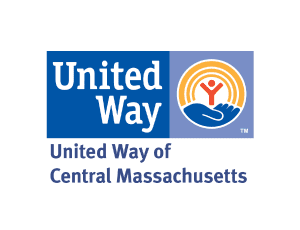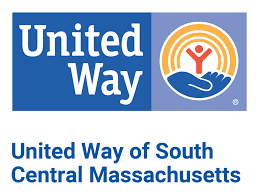
April 30, 2023
Letter: Alyssa Golden on ‘Second Chances’
BY The Springfield Republican
April is National Second Chance Month – an effort to highlight the importance of supporting formerly incarcerated community members. The CORI/Reentry Project of Community Legal Aid believes in more than second chances. The criminalization of poverty, substance use, and mental illness, and the over-policing of communities of color, result in a cycle of incarceration and other forms of state supervision that are incredibly destructive for families and communities. There must be room for more than just a second chance.
According to the Prison Policy Initiative, around 70,000 Massachusetts residents are booked in local jails across the state each year. In 2018, approximately 22,000 residents were incarcerated in a jail, state or federal prison, or juvenile detention center. Even years after people have served their sentence and remained free of further criminal involvement, the records of their incarceration follow people and have an impact on their lives, making it hard to return to work or find a stable place to live. The result is that many people are locked out of opportunities to secure steady employment or affordable housing.
Stable housing and steady sources of income are integral for the health of individuals, families, and communities. Yet, for those who are released and returning home or trying to build a life somewhere new, housing instability is a major issue. When public and subsidized housing providers run CORI checks on applicants and other household members, they have access to all unsealed criminal convictions, as well as pending cases. Families wait for years to get to the top of the waitlist for public housing or a Section 8 voucher, only to be denied because of CORI. Further, many employers use criminal record information as a red line in hiring decisions, which restricts formerly incarcerated people from starting a new life because they cannot support themselves.
It is of the utmost importance that people with criminal records know about their CORI sealing options and exercise their right to seal eligible records. Massachusetts law allows individuals to seal their criminal records in order to reduce barriers to housing, employment, and opportunities for community engagement.
The CORI/Reentry Project attorneys advocate for people needing those third, fourth, and fifth chances and are here to talk with you about your rights as a person with a criminal record. To apply for legal assistance from Community Legal Aid, go to: www.communitylegal.org or call 1-855-252-5342.
Alyssa Golden is a Senior Supervising Attorney with CLA’s CORI/Re-Entry Project















































